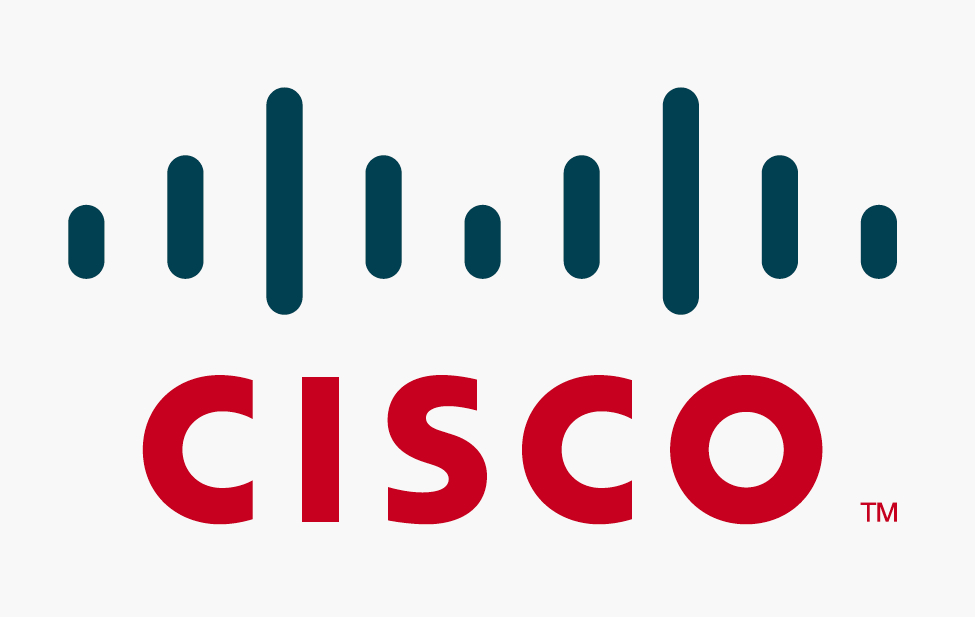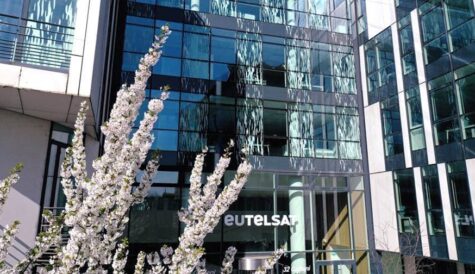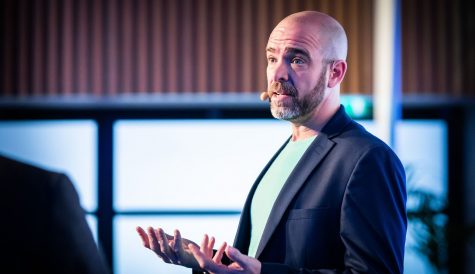
After more than 40 years of operation, DTVE is closing its doors and our website will no longer be updated daily. Thank you for all of your support.
Cisco-NDS merger will enable move to capture emerging markets, say chiefs
 Cisco’s acquisition of NDS will enable it to achieve greater penetration into emerging and international markets, and is in line with a move towards open standards-based and software-based solutions for video service providers, and a move towards mobile broadband according to Cisco chairman and CEO John Chambers and NDS executive chairman Abe Peled.
Cisco’s acquisition of NDS will enable it to achieve greater penetration into emerging and international markets, and is in line with a move towards open standards-based and software-based solutions for video service providers, and a move towards mobile broadband according to Cisco chairman and CEO John Chambers and NDS executive chairman Abe Peled.
Cisco is to acquire NDS for approximately US$5 billion (€3.8 billion), including the assumption of debt and retention-based incentives. The US technology company said that the acquisition of the News Corp-backed interactive TV and conditional access company would accelerate the delivery of its Videoscape platform for video service providers.
The acquisition is expected to close during the second half of 2012, subject to regulatory review in the US and elsewhere.
Cisco said the acquisition is generally in line with the EBITDA multiples paid when NDS was taken private by News Corp and private-equity group Permira in 2009, and is within the multiples ranges for comparable deals.
Speaking at a press presentation on the deal, Peled said there was not a large overlap between Cisco and NDS. Peled said that NDS was particularly strong in Latin America, India China and other emerging markets. In those markets, LTE and mobile will be used to deliver broadband and in this area in particular the tie-up with Cisco will deliver benefits, he said, citing the example of India’s Bharti Airtel as a company where the pair could play a complementary role. “In some cases in these countries the transition to next generation broadband will happen a lot faster and…Cisco’s strength will play well in offering people like Bharti Airtel a partner that can give them the solution end-to-end and a road map for the way forward.”
Peled said there was a great fit between the Videoscape back-end infrastructure and NDS’s client software. Growth of internet-based video was just at the beginning of its growth curve and all pay TV operators were looking to deliver services.
Cisco’s Chambers said the acquisition will change Cisco’s position in video and move the company more into the software space. “The service provide market is in a rapid transition,” he said, “NDS has been very effective in capturing market transitions.” He said NDS’s business model was very close to what Cisco was trying to do as a company and described the deal as possibly the best strategic acquisition Cisco had yet made: “It doesn’t get much more strategic than this.” He said NDS benefited from recurring revenues and strong ongoing customer relationships, which was something Cisco aspired to.
Peled said that about half of NDS’s revenues were recurring, based on service contracts, while other customers often started by buying smartcards and then bought into the company’s other products, which then became recurring revenues. “It’s a very large percentage and it’s aligned with how our customers grow their own business,” he said. This meant that the company had good visibility to revenues going forward, he said.
Chambers said its service provider video group (formerly Scientific Atlanta) was still growing strongly. “This just really means we are accelerating that,” he said. “We will continue to have growth in our traditional business, but any set-top player can play in this new open architecture. This is the open approach and we’ll just add value on top of it, but it will migrate with things like we do with our BNI acquisition,” he said, referring to the acquisition of CDN specialist BNI Video last year. He said the former Scientific Atlanta team understood the direction the company was taking with the NDS merger. Differentiation in the future would be through software and the cloud, based on open standards, rather than in proprietary hardware solutions, he said. He said it would be a mistake for Cisco to focus on “being in the device business”.
Martin de Beer senior vice-president, video and collaboration group, Cisco, said that NDS would remain set-top agnostic and that the combined company would make sure its platform remained open and standards-based.
De Beer said the markets the pair were involved with were complementary. “The way NDS goes to market with an integration approach…got us really excited,” he said. While Cisco brings end-to-end video distribution systems, with strength in developed countries, NDS provides recurring revenue streams and strength in emerging markets, said De Beer. He said the merger gave Cisco a “market-leading portfolio” that “addresses the entire customer base”.
Prior to the close, Cisco and NDS will continue to operate as separate companies. Upon completion of the transaction, NDS’s global operations, including sites in the United Kingdom, Israel, France, India and China, and its approximately 5,000 employees will join the Cisco service provider video technology group (SPVTG), led by senior vice-president and general manager Jesper Andersen. Peled will become senior vice-president and chief strategist for Cisco’s video and collaboration group, of which SPVTG is a part, reporting to De Beer.
Chambers said he did not believe there would be any significant hurdles to securing regulatory approval for the acquisition.


